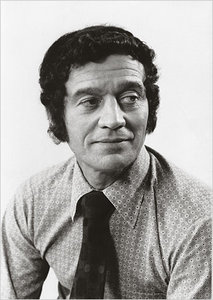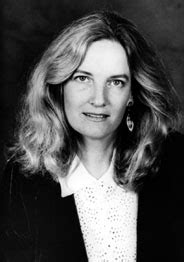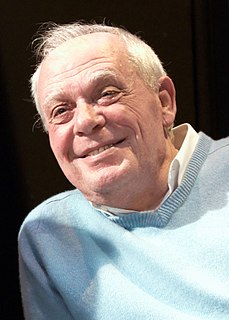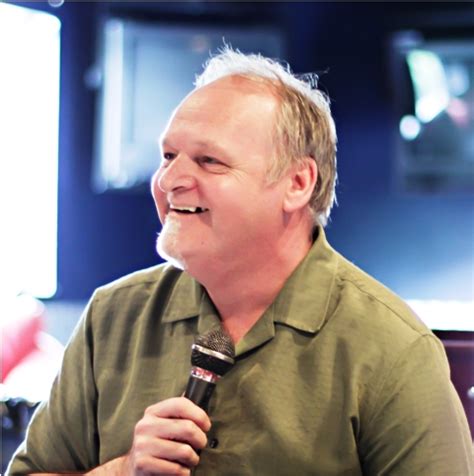A Quote by Alice Munro
I read a book called The Art of Loving. A lot of things seemed clear while I was reading it but afterwards I went back to being more or less the same.
Related Quotes
Chrysostom, I remember, mentions a twofold book of God: the book of the creatures, and the book of the scriptures. God, having taught us first of all by his works, did it afterwards, by his Words. We will now for a while read the former of these books; 'twill help us in reading the latter. They will admirably assist one another.
I read continually and don't understand writers who say they don't read while working on a book. For a start, a book takes me about two years to write, so there's no way I am depriving myself of reading during that time. Another thing is that reading other writers is continually inspiring - reading great writers reminds you how hard you have to work.
The book on my nightstand right now isnt anything that inspired me, but it entertained me. I read a book on Labor Day, it was a holiday, and I have three daughters, and we all went to the shopping mall and I sat on the bench and read a book while they shopped, it was called The Greatest Golfer there Ever Was, it was a great book, easy to read and entertaining.
But if I did read, say, [Maurice] Merleau-Ponty, for instance, it always seemed to me that the parts that I understood in what he was talking about - and I read him because - well, he wrote a book, well, the Phenomenology of Perception [New York: Humanities Press, 1962]. And it seemed to me that perception had a lot do with how we take in art.
How I Shed My Skin is, simply put, a brilliant book. While I was reading, I kept thinking two things. One, this is totally shocking. Two, it's not at all shocking, but a familiar part of my life and memory. Grimsley's narrative is straightforward and plain-spoken while at the same time achingly moving and intimately honest, and it does more to explain the South than anything I've read in a long, long time.
Unlike most readers in Antiquity who read their books aloud, we have developed the convention of reading silently. This lets us read more widely but often less well, especially when what we are reading-such as the plays of Shakespeare and Holy Scripture-is a body of oral material that has been, almost but not quite accidentally, captured in a book like a fly in amber.
I doubt if I shall ever have time to read the book again -- there are too many new ones coming out all the time which I want to read. Yet an old book has something for me which no new book can ever have -- for at every reading the memories and atmosphere of other readings come back and I am reading old years as well as an old book.
The book was long, and difficult to read, and Klaus became more and more tired as the night wore on. Occasionally his eyes would close. He found himself reading the same sentence over and over. He found himself reading the same sentence over and over. He found himself reading the same sentence over and over.
I really love doing nothing. I really love just being at home and taking a couple of days, you know, doing nothing. You know what I mean? Just getting up, being around the house, going outside the back yard, coming back in; I really like to do nothing because I travel a lot. There's a lot of travelling. There's a lot of on the phone all the time. There's a lot of looking at papers and reading things and so you don't want to read magazines and you don't want to do anything; you don't want to read books, you just want to just kind of shut down a little bit.






































